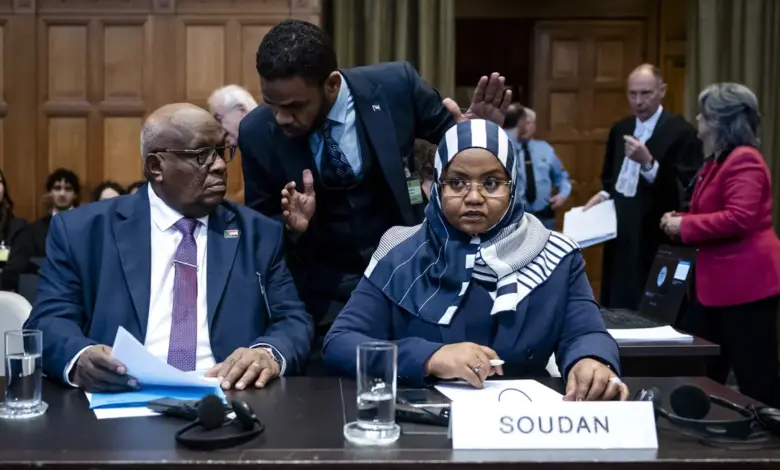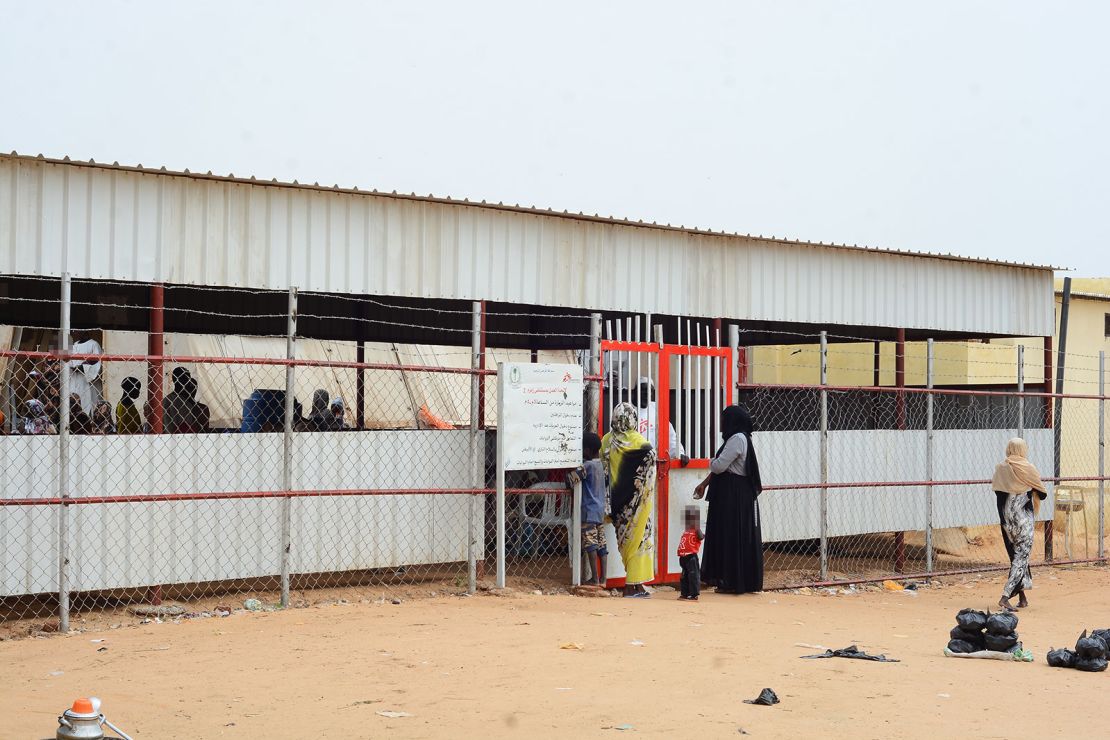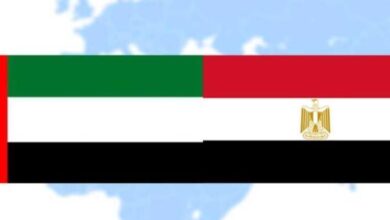
Sudan has accused the United Arab Emirates at the United Nations’ top court of violating the Genocide Convention by supporting paramilitary forces in its Darfur region.
“A genocide is being committed against the ethnic group of the Masalit in the west of our country,” Sudan’s acting justice minister, Muawia Osman, told the International Court of Justice, also known as the World Court, on Thursday.
He alleged that a genocide was being carried out by the paramilitary Rapid Support Forces “with the support and complicity of the United Arab Emirates.”
Sudan last month filed a case against the UAE at the court for allegedly arming the RSF, an accusation that the UAE has repeatedly denied.
The UAE on Thursday reiterated its rejection of Sudan’s accusations, calling them “baseless and politically driven,” adding that it “supports neither side” in the Sudanese civil war, and that there is no evidence to support Sudan’s claims. In its statement to the court, it questioned the ICJ’s jurisdiction over the matter.
“Our only interest is in securing a lasting peace that ends the suffering of the Sudanese people and brings stability to Sudan and the wider region,” Reem Ketait, Assistant Deputy Minister of Political Affairs in the UAE foreign ministry, told CNN.
Since April 2023, two of Sudan’s most powerful generals – Abdel Fattah al-Burhan, who leads the Sudanese Armed Forces (SAF), and former ally Mohamed Hamdan Dagalo of the paramilitary RSF – have engaged in a bloody feud over control of the country which is split between their strongholds.
The ongoing civil war has caused one of the world’s worst humanitarian catastrophes and diplomatic efforts to bring the conflict to an end have failed.
Based in The Hague, Netherlands, the ICJ deals with disputes between states and violations of international treaties. Sudan and the UAE are both signatories of the 1948 Genocide Convention.
Osman alleged that “direct logistic and other support” the UAE provided to the RSF and allied militias “has been, continues to be the primary driving force behind the genocide” including “killing, rape, forced displacement, looting and the destruction of public and private properties.”
Cases before the ICJ can take years to reach a final decision, and so states can ask the court to issue emergency measures that prevent the conflict from escalating.
The Sudanese minister asked the court to urgently order the UAE “to refrain from any conduct amounting to complicity” in the alleged genocide against the Masalit, and that the Gulf state submit a report to the court within one month, and then every six months until the court comes to a final decision on the case.
UAE accuses Sudan of ‘cynical PR stunt’
The United States in January found attacks against the Masalit to be genocide. Last year, a UN panel of experts found that the UAE’s involvement, along with that of Chad, in the conflict was “credible.” US lawmakers have also said they would hold all major US arms sales to the UAE for “its support for the Rapid Support Forces (RSF), who the United States determined committed genocide.”
Sudan’s lawyers referenced a recent Sudanese government intelligence assessment provided to the court which they said showed clear evidence that UAE-backed arms deliveries to the RSF through neighboring Chad “continue even today.”
CNN has reported extensively on the atrocities committed by the RSF and its allied militias: a gruesome massacre of non-Arab people, including the Masalit, in the West Darfur capital of El Geneina, a campaign to enslave men and women there, as well as forced recruitment in Sudan’s central Al Jazira state.
The UAE has repeatedly rejected Sudan’s allegations, with Ketait on Thursday accusing the nation of weaponizing the ICJ “for disinformation.”
Ketait told CNN that the accusations are “nothing more than a cynical PR stunt” by the Sudan Armed Forces, adding that it is “an attempt to deflect from its own well-documented atrocities against the Sudanese people and its refusal to cease fire or engage in genuine negotiations.”
After nearly two years of fighting, civilians continue to pay the price of war
The humanitarian situation in Sudan has deteriorated since fighting broke out in April 2023. Today, about 25 million people, or half the population, faces severe hunger with famine declared in five areas in southern and southwestern Sudan. Catastrophic food insecurity is expected to spread to five additional areas before June, according to the ICP monitoring group.
“This is a man-made crisis. Man made because it is driven by conflict. And man-made because of the intentional obstruction of the delivery of humanitarian assistance by parties the conflict,” the World Food Programme’s Regional Emergency Coordinator Shaun Hughes said in a briefing Thursday, calling for access and safe passage for humanitarian workers and supplies.
“Humanitarian agencies don’t have the influence to negotiate this on our own. It requires the world to pay attention, and coherent and tenacious engagement from the international community, particularly countries that have influence on those waging war,” Hughes added.

Nearly two years after the conflict broke out, civilians continue to be targeted, compounding the humanitarian situation. At the epicenter of the malnutrition crisis in Zamzam refugee camp, Sudan’s largest located in North Darfur, displaced civilians have been attacked by RSF fighters.
Now, cuts to USAID programs are leaving civilians in an increasingly vulnerable position, said Kate Phillips-Barrasso, Mercy Corps’ vice president of global policy and advocacy.
Funding cuts to Mercy Corps’ programs alone threaten to leave nearly 200,000 Sudanese civilians hungry or without safe drinking water, a development that Phillips-Barrasso compared to “turning the oxygen off in a hospital.”
CNN’s Mounira Elsamra contributed reporting.



